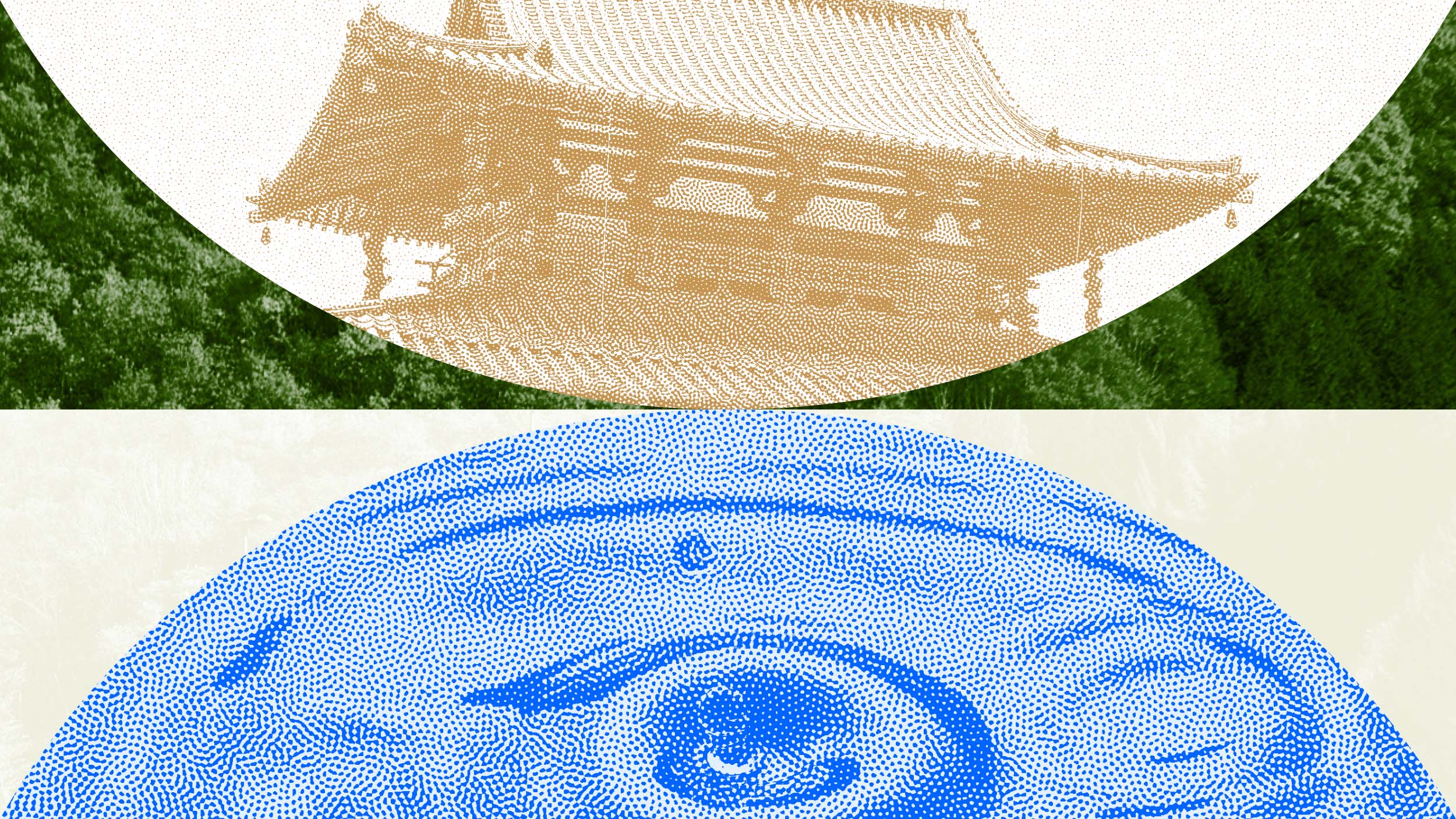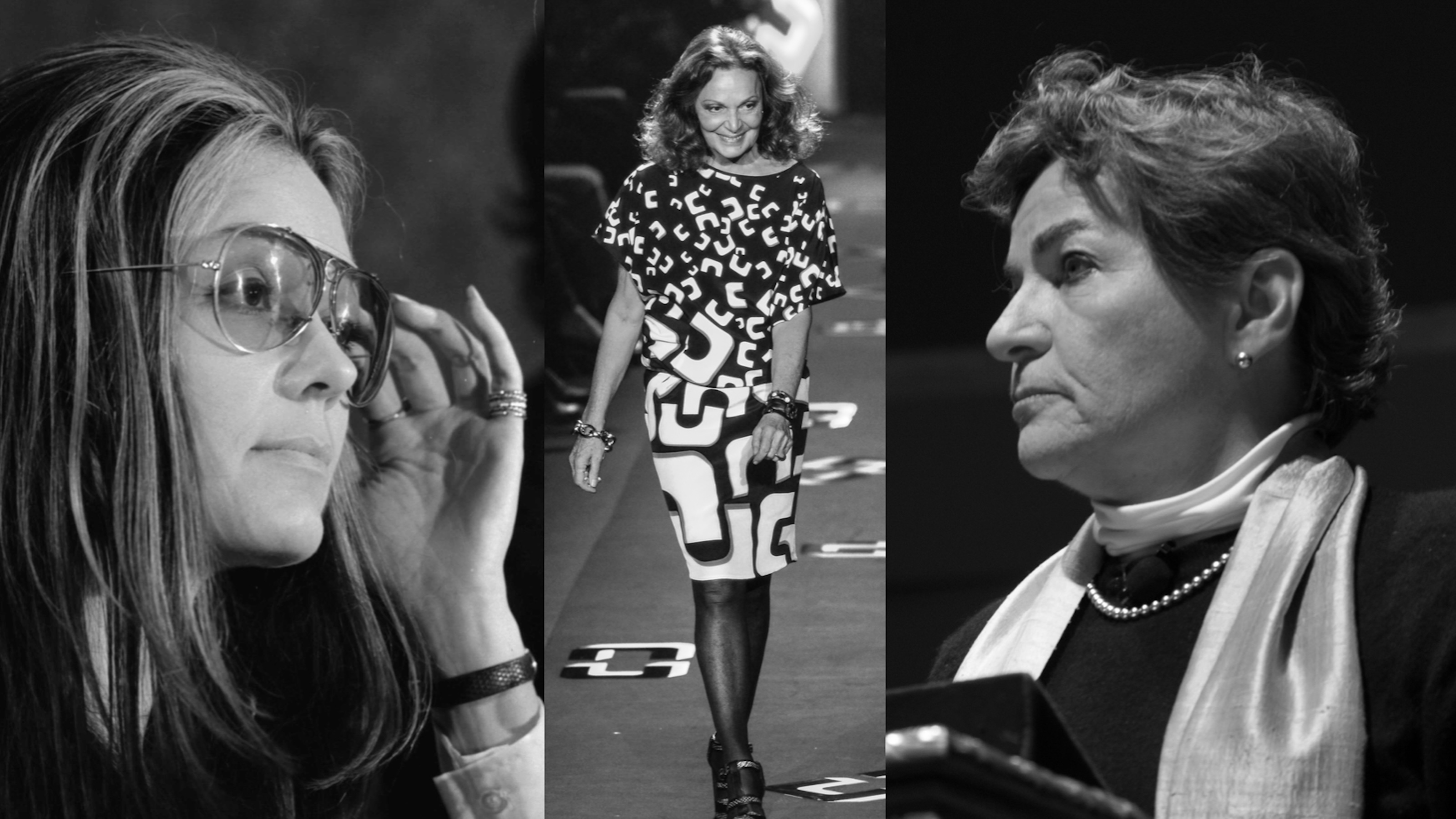Imperative CEO Aaron Hurst (http://www.imperative.com) describes how we are evolving from an information economy to an economy of purpose. Hurst is the author of The Purpose Economy: How Your Desire for Impact, Personal Growth and Community Is Changing the World (http://goo.gl/y8Y53q).
Aaron Hurst: A year or so ago I came across my uncle’s thesis when he was an economist at Stanford and he coined the term information economy and wrote his dissertation on how the economy was shifting from an industrial economy to an information economy. And it was fascinating to go through his nine volume dissertation and start to understand how the economy has evolved over time. I sort of always assumed the economy was more or less the way it is, but what I came to realize was that we started off as hunters and gatherers and that’s how we were able to survive. But then we learned how to use the land and animals and to settle down and create an agrarian economy. And this had lasted thousands of years, but then we turn into an industrial economy. We started learning how to make machines and we started being able to create assembly lines and it radically changed our whole economy, our society, et cetera.
And then what happened in the 1960s is we actually had a shift where we went from this industrial economy, where the economy was about how we made things and was about manufacturing, into this information economy which is about everything from TV and radio to technology to eventually the Internet. And it had become the dominant part of the economy. And what was interesting in looking at his research was not only had the economy shifted, but each of these economies had gotten shorter and shorter. The agrarian economy was thousands of years. The industrial was just a few hundred. And it seemed likely that the information economy wouldn’t last that long and it would be much shorter than the industrial economy. And as I looked at one of the things that gave us an indication the economy was shifting to this information economy, I started to realize there were similar things that were happening today there may be signs that the economy’s changing again. That we may be entering the fourth economy in our history. A fourth economy based on advances on where we are as a society, what are our needs are as a society. And I started looking around trying to figure out what are all these different pieces add up to.
And you started seeing books and articles showing up everywhere, people talking about sharing. People talking about maker economy, how people are making their own products to people shopping and doing more around experience. All these different trends that were happening throughout society and I started drawing all these different trends on a whiteboard showing where they existed and how they connected to each other. And when I took a step back something emerged which is that they were all fundamentally about purpose and people’s quest for purpose. They’re about enhancing relationships. They’re about doing something greater than yourself. And they’re about personal growth and experience. And when you looked at them in totality they started to really indicate that we were on the way to our fourth economy, that we are going to be in likely the next ten years as millennials become the majority of our workforce, an economy where purpose is the primary driver of economic output.
And we’re already seeing that in the top innovations coming out of finance, education, healthcare, retail, all the top innovations are all around this need for purpose. And as you look at the workplace all the changes we’re trying to make in the workplace, the things Google’s doing, the things top companies are doing, they’re all because, especially the millennial generation is demanding purpose in their work at a level never seen before. And that’s why I believe we’re in the early days of our fourth economy, a purpose economy.
So a lot of people ask, what is the purpose economy? And I think it’s something that I’m honestly still continuing to define and to understand. And every city I visit I find new examples. But there’s some common threads that bring it together and I think one is community. I think with technology and with the industrial revolution and cars we’ve gotten to a point where a lot of traditional communities have gotten pulled apart. And what we see a lot of innovation that’s going into this new economy is about getting back to neighborhoods, getting back to local business, getting back to being able to relate to your neighbors and having schools truly embedded in your neighborhood. It’s a much more localized economy. So that’s one piece. The second really is a move away from consumption to creation and experience.
So whereas previous generations are very focused on, you know, conspicuous consumption, consumption as a form of entertainment in and of itself, we’re seeing it more and more, especially the millennials, the desire to be able to have experiences and to have like more conspicuous consumption of experience. And we’re seeing more and more of a desire to create. And you see things like Etsy or you see in like a lot of neighborhoods new venues where you can go in and not just buy things but make things. You get to build things yourself. You see more and more people doing this in their homes. You see magazines and websites about do-it-yourself. The other major piece of it is disintermediation. We’ve gotten to a point where there are these huge organizations that make us so far removed from each other in marketplaces and you see this with finance where finance used to be about borrowing money from our neighbors, it became a complicated algorithm as part of an anonymous business.
And we’re now starting to see peer to peer lending appear again, so we’re removing that intermediary. You see in healthcare how we’ve had so many intermediaries get in the middle between the doctor and the patient. And if you talk to the top healthcare providers now they’re now moving towards goals of making sure that medicine looks more like it did a hundred years ago where house visits, where a doctor actually came to you is the norm, not that you go see the doctor. It’s removing these intermediaries in these institutions and bringing us closer together. So these are just some of the trends that we see in this new economy.
Directed/Produced by Jonathan Fowler and Dillon Fitton





